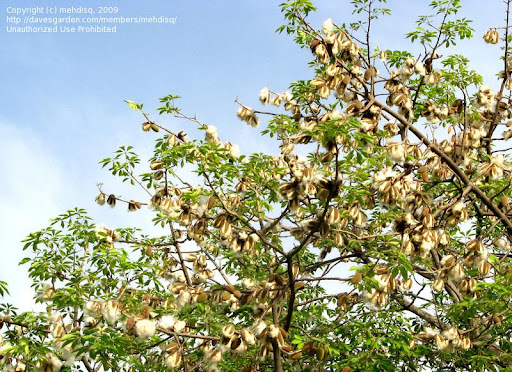Tuesday, January 25, 2011
Cotton traders upset over quota allotment
 While some cotton exporters are upset over allotment of a lesser quota, there are others who allegedly managed to get multiple quotas through a different import-export code (IEC) and changing the name of the company. For, in some cases, the names and IEC codes of applicants are different but their contact details and addresses are the same.
While some cotton exporters are upset over allotment of a lesser quota, there are others who allegedly managed to get multiple quotas through a different import-export code (IEC) and changing the name of the company. For, in some cases, the names and IEC codes of applicants are different but their contact details and addresses are the same.
As many as 928 applicants received a quota allocation by the government for the export of a total of 1.9 million bales (a bale is 170 kg). A detailed analysis of the list of allottees shows nearly a dozen seem to have received multiple quotas through different companies and IEC codes. A closer look indicates many of the companies shared common addresses and contact details.
Some companies applied for the quota under the names of their subsidiary units, operational in non-cotton segments such as the salt industry or ports. In one instance, a cotton ginning company applied under three different IEC numbers, with marginal changes to the company’s name, yet showing a common contact address.
According to industry sources, there was a heavy rush for getting additional IEC codes just a month before the deadline for filing the applications.
A Gujarat-based exporter informed, “There are many cases of multiple allotments of quotas to a single entity. Many companies obtained IEC numbers on different names and applied for the quota. The DGFT, without scrutinising it closely, made the allotment.” This is in contrast to the earlier quotas, where the textile commissioner’s office approved applications where a handful of exporters were allotted large quantities.
Raised with govt
The North India Cotton Association, representing the cotton trading community, has received many complaints from members on multiple allocations. It has taken up the issue with the central government. “The DGFT did not see the genuineness or the track record of the exporter before allotting the quotas. This encouraged many players to go for bigger lots of quota by applying under multiple names,” said Rakesh Rathi, president.
The association has sought modification of the allotment process, with more transparency and fairness from the next lot. “There should be a collection of some earnest money in terms of deposits from the applicants. Also, we have demanded that the quota should be given only to a stake holder in the cotton sector, including members of the associations,” added Rathi.
However, some exporters have a different view. According to Ritesh Aggarwal, CEO, Wisdom Cotton, a Kolkata-based trader and exporter, profitability in the export business has grown significantly due to the high difference between the international and domestic prices.
“In an open economy anyone can export any goods with regulatory compliances. The price difference between domestic and international markets is so high in cotton that it has become profitable fore exporters as a whole,” he said.
Prices are 170-174 cents per pound in the international market and 147-150 cents per pound in the domestic market.
(Source: http://www.business-standard.com/india/news/cotton-traders-upset-over-quota-allotment/422994/)

This post was written by: HaMienHoang (admin)
Click on PayPal buttons below to donate money to HaMienHoang:
Follow HaMienHoang on Twitter












0 Responses to “Cotton traders upset over quota allotment”
Post a Comment